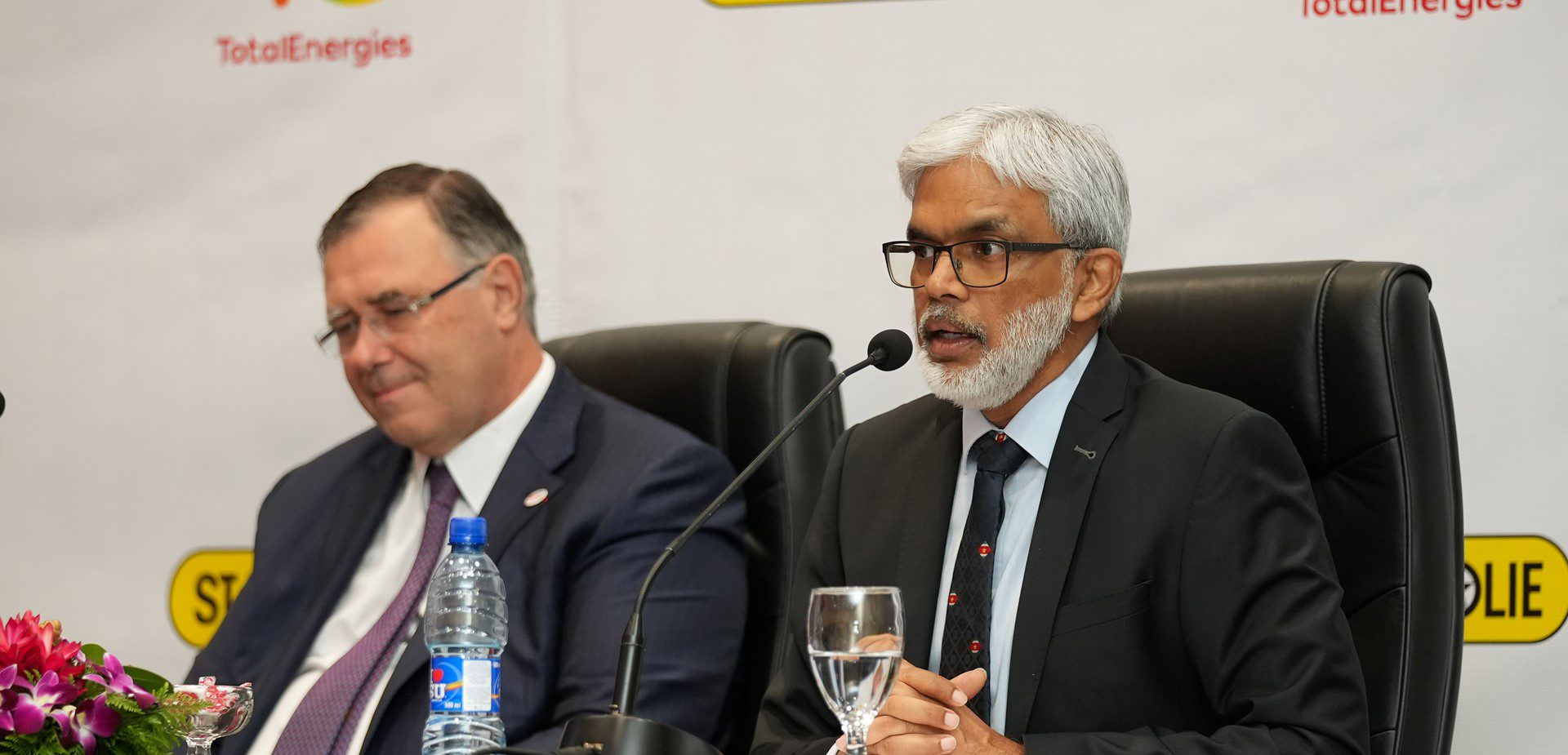Staatsolie – Suriname’s state oil firm, sees no reason to delay the nation’s first offshore oil development. The project, to be sanctioned by TotalEnergies, has a price tag of US$9 billion.
TotalEnergies’ Chief Executive, Patrick Pouyanné had told investors on Feb. 7 during a Q4 2023 earnings conference that the company was not opposed to delaying a project. It has eyes set on the Sépia 2, Atapu 2 and Kaminho projects as well. He told investors that cost considerations are a key factor in the company’s decision.
“…we are working on it very clearly. If I have to choose, sometimes, I will prefer to delay. The oil will not disappear. So, if I need to delay a project, we can wait a little,” he said,
But Staatsolie does not foresee the Block 58 project being pushed back.
It said in a Feb. 20 release, “In the Block 58 project, there are options to accelerate development and factors that could lead to additional efforts to control project costs. It is still too early in the process to talk about a delay of the project.”
Staatsolie said this will become apparent in the coming months from market research executed by TotalEnergies.
“If additional efforts are needed, there are still opportunities to account for any delays,” the state oil firm pointed out.
Staatsolie said too that in its experience, TotalEnergies is doing everything it possibly can to develop Block 58 rapidly. TotalEnergies expects to have the project sanctioned before the end of this year. Development studies have been launched. The company expects to achieve first oil by 2028.
On Sept. 13, TotalEnergies announced plans to develop massive oil finds in the Sapakara South and Krabdagu fields – close to some 700 million barrels in total. The appraisals were completed in August. That figure is significant for a first development. Oil investments in Guyana reached that level only until ExxonMobil’s third development – Payara. Its first project cost only US$3.6 billion.
TotalEnergies eyes additional Block 58 targets as tiebacks for Suriname project | OilNOW
The Sapakara South and Krabdagu reservoirs lie between 100 and 1,000 meters of water depths. A floating production, storage and offloading (FPSO) vessel with the capacity to produce 200,000 barrels per day (b/d) will be utilized, connected to subsea wells.



